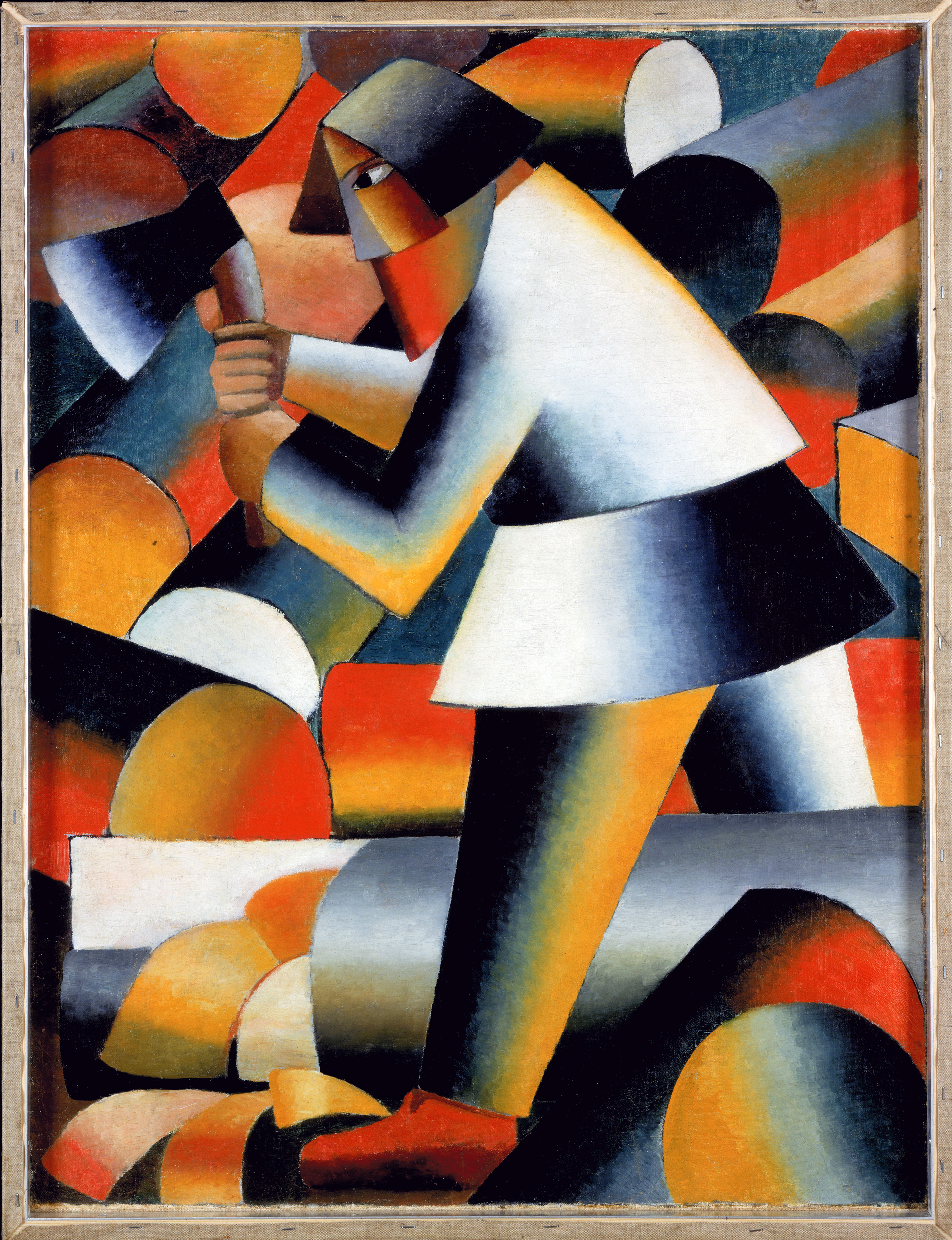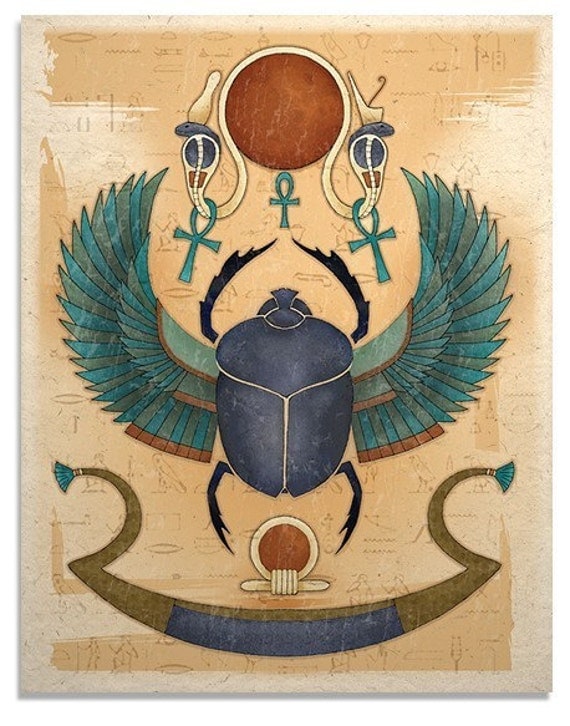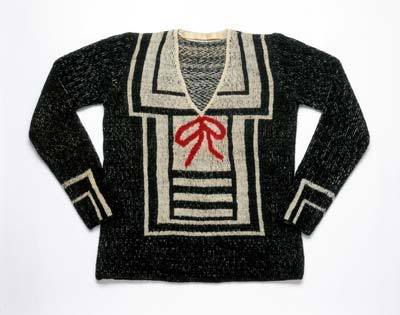There were many motifs in Art Deco; it incorporated expensive materials and aimed to express modernism. The visual language had various different forms and influences. There were concepts of mortality and living in the here and now.
Picasso's cubism work reflected the art style. Cubism was a new form of realism which presented subjects from more than one perspective.
3 Musicians - Picasso
Fernard Leger
Kazimir Malevich

Archaeology had an impact on the new art language; Aztec and Mayan civilizations influenced architecture and design.
Jan Eisenloeffel
Uxmal
Egypto-mania was an obsession with ancient Egyptian design and culture.
Tutankhamun Temple 1922
Cartier


Art Deco architecture was very modern and new.
Art Deco Flats - Paris
Hoover Building - London
Other aspects of design were more modern too. The motor car began to be mass produced.
Hupmobile Coupe
There were notions of speed and immediacy in the design of the cars. The body shape was streamlined and some cars had stripes painted on them to imply rapid movement.
Raymond Loewry
The most expressive Art Deco experiments were in architecture. Skyscrapers stared to appear, and their tremendous size and design was an expression of success and achievement.
Empire State Building
Chrysler Building
Miami Florida, Art Deco Quarters


Art and design took inspiration from architecture and also surrealist artists. Fashion changed and became more about practicality.
The flapper fashion
Elsa Schiparelli - Trompe L'Oeil
Clothes patterns

Salvador Dali - Lobster Telephone
Fashion stopped before the height of the second world war, when France declared war on Germany.
No comments:
Post a Comment